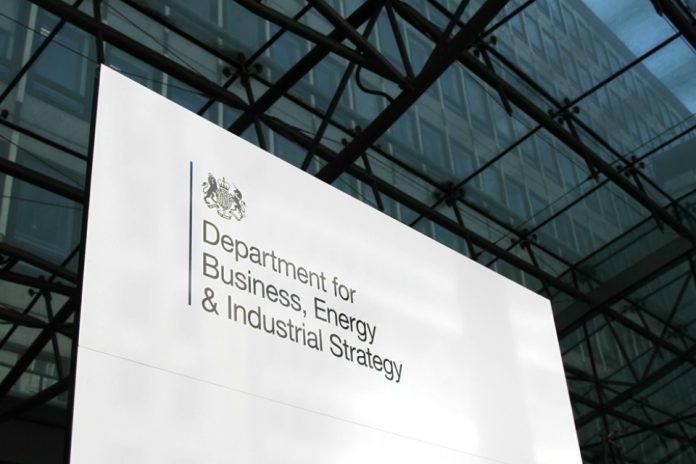- Revised definitions of sensitive sectors in scope of mandatory notification for the new national security regime under the National Security and Investment Bill published today
- will ensure investors and businesses having to tell the government about proposed acquisitions have certainty over the targeted and proportionate approach
- National Security and Investment Bill will strengthen the UK’s ability to investigate and intervene in potentially hostile mergers, acquisitions and other types of deals that could threaten our national security
Investors and businesses will get more certainty over whether their proposed deal comes under scope of new laws designed to protect the UK from malicious investment, as the government publishes about the sectors within scope of the mandatory notification regime under the National Security and Investment Bill.
Under the Bill, investors and businesses will have to notify a dedicated government unit through a digital portal about certain types of transactions in designated sensitive sectors, such as civil nuclear, defence and advanced robotics – with investments screened much faster than the current regime, assessing transactions within 30 working days and often quicker.
Following introduction of the Bill in November 2020, the government ran a consultation to gather views on how the definitions of the 17 sectors in scope of mandatory notification could be refined and narrowed to ensure they are as targeted and proportionate as possible. Many of these sectors are emerging, such as quantum technologies and synthetic biology, and are being defined for the very first time in law.
The revised definitions, published today (Tuesday 2 March), set out clearer parameters that will enable acquirers to better judge whether their planned deal falls within scope – ensuring that parties involved in deals that aren’t captured by the regime have the clarity they need to proceed, which will be the majority of transactions, and ensuring the UK remains open to investment.
For example, the revised definition of satellite and space technologies sets out that deals including, among others, companies involved in the provision of inter-satellite communications links, would come under scope of the Bill.
Business Secretary Kwasi Kwarteng said:
The National Security and Investment Bill will protect the UK from 21st century threats, to ensure we remain a premier investment hub for the technologies of the future.
New laws will not only protect the UK from potential risks, but bolster our status as an attractive place to invest by providing more efficient clearance processes and more certainty and transparency for investors and businesses.
We’re committed to working with investors to ensure the notification process is as quick and smooth as possible – and these carefully targeted sector definitions will give much-needed clarity about whether a deal is in scope.
The carefully drafted list – which may be further refined following continued engagement with stakeholders in the relevant sectors as the Bill continues its passage – will help to strike a balance between ensuring our national security is safeguarded, while keeping the number of businesses caught by the mandatory notification regime to the minimum possible level.
The final definitions will be set out in regulations following Royal Assent.
The National Security and Investment Bill will update the UK’s current powers – which are almost 20 years old and do not reflect the threats we face today – and bring them in line with those of our closest allies, ensuring the government can scrutinise, impose conditions on or, as a last resort, block a deal in any sector where there is an unacceptable risk to Britain’s national security.
Mandatory notification will ensure that the government is informed of potentially sensitive acquisitions before they take place, and is therefore able to take action ahead of time to address any national security risks before a deal completes.
This “mandatory regime” is supported by a voluntary notification option for relevant acquisitions across the rest of the economy, and also a “call in” power for the Secretary of State to scrutinise acquisitions in the wider economy which were not notified to government but may raise national security concerns.
Investments will be screened much faster than the current regime, with timelines set out in law for the very first time.
The vast majority of acquisitions will require no intervention and will be able to proceed quickly and with certainty in the knowledge that the government will not revisit a transaction once cleared unless false or misleading information was provided.
The Investment Security Unit will sit within the Department for Business, Energy and Industrial Strategy and provide a single point of contact for businesses wishing to understand the Bill and notify the government about transactions. The unit will also coordinate cross-government activity to identify, assess and respond to national security risks arising through market activity – providing certainty for businesses that they will not be targeted and exploited by potentially hostile actors.







